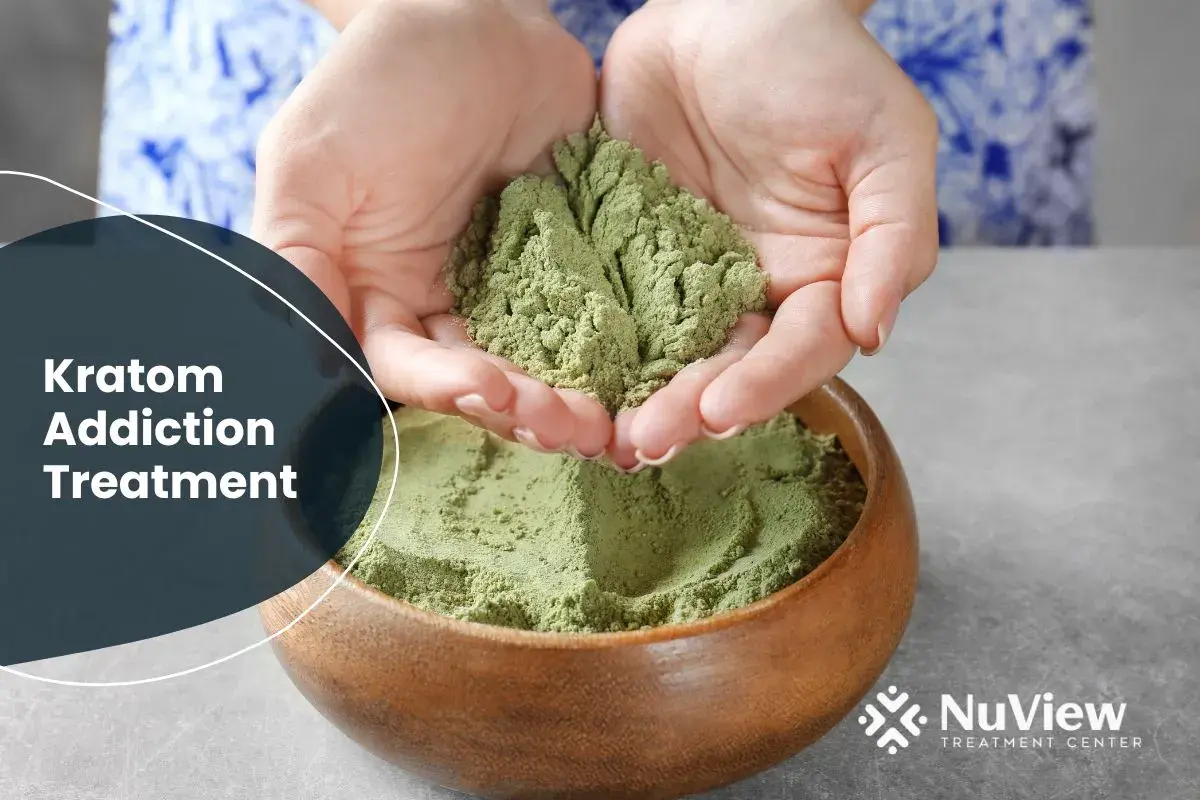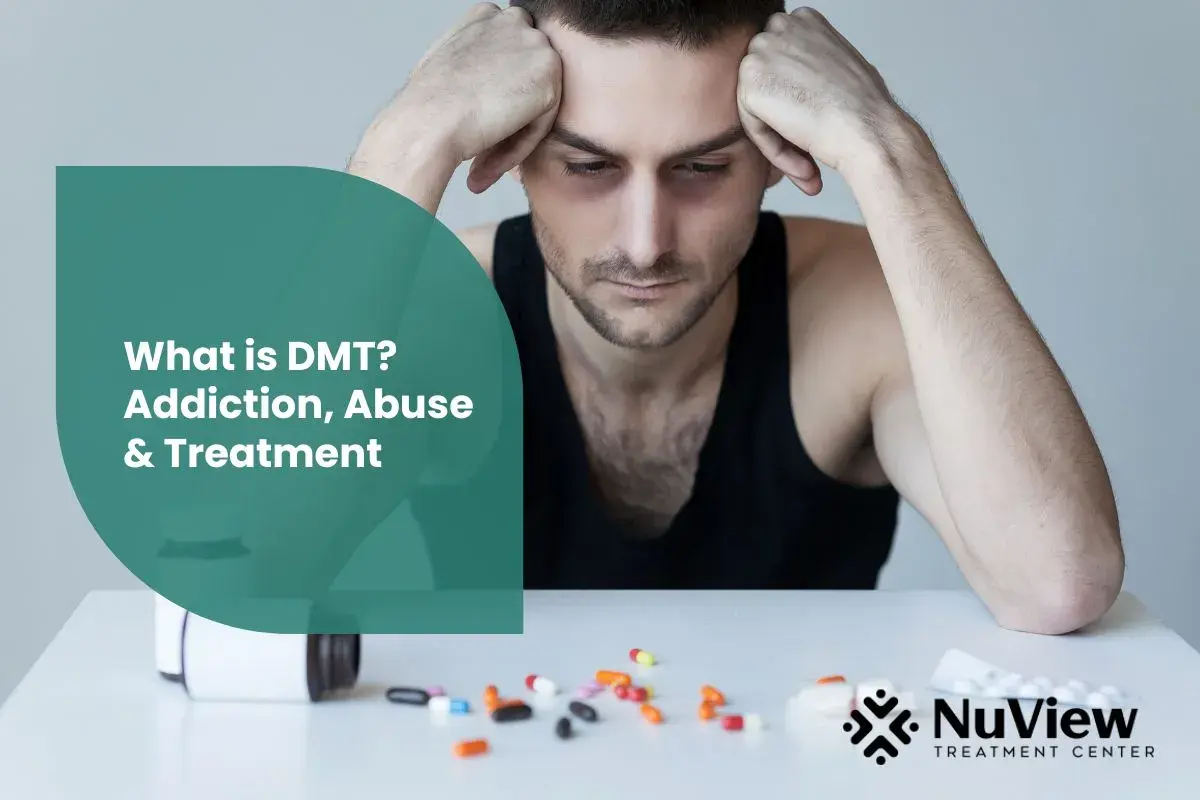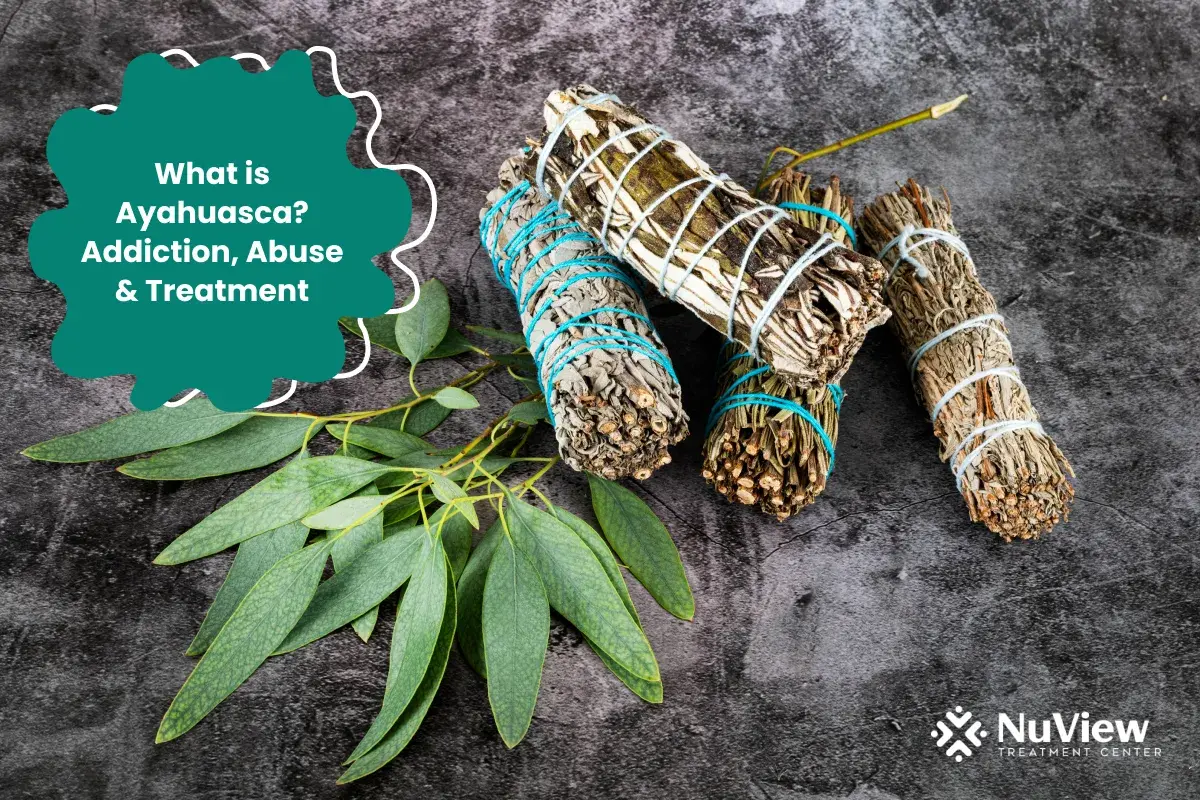Kratom has had a fascinating story concerning its role in treating opioid withdrawal symptoms and reducing the craving for opioids. While not classified as such, it acts like an opioid, and its users swear by its mood-enhancing and healing properties. It is also marketed and sold as an energy booster and pain reliever. But the truth is not so straightforward.
Kratom’s healing properties are mainly based on early studies and anecdotal evidence, but there are safety concerns related to its use because it can be highly addictive. In this blog, we shall understand kratom’s potential for addiction as well as the kratom addiction treatment options.
What Is Kratom?
Kratom is basically a herbal extract that comes from the tree Mitragyna speciosa, which grows in Southeast Asia. Those who use kratom consume this tree’s leaves both raw and dried, and also mix them with liquid.
Kratom acts as a stimulant when consumed in low doses, and as a sedative when consumed in high doses. This means that in low doses, you experience heightened mood and energy, while high doses can allow you to relax and relieve pain. Many also say that kratom eases opioid withdrawal and makes quitting opioids easier, however, kratom has also been often linked with addiction.
Get Started With Nuview Treatment Center
Our dedicated professional staff is here to guide you or your loved one on the journey to lasting recovery, offering support every step of the way.
Kratom Effects and Side Effects
Kratom functions both as a stimulant and as a sedative. Some of its effects are:
In lower doses:
- Enhanced mood
- Increased focus
- Heightened energy
In higher doses:
- Relaxation effects
- Pain relief.
While these effects are pleasant, kratom does come with side effects and safety concerns that you need to be aware of before deciding whether to consume it or not:
- Dry mouth
- Vomiting
- Constipation
- Lightheadedness
- Weight loss
- High blood pressure
- Confusion
- Low mood
- Psychotic symptoms like delusions and hallucinations.
What Are the Dangers of Kratom?
Kratom is known to reduce opioid-related cravings and withdrawal symptoms. However, more research is needed in this area. Meanwhile, kratom has the potential for addiction, as its active compounds like mitragynine and 7-hydroxymitragynine activate the same receptors in the brain as other addictive substances do, making kratom addictive as well. While kratom is not always life-threatening, it has been linked to a very few deaths.
If a pregnant person takes kratom, the baby can also be born with withdrawal symptoms. Hence, they will need treatment.
However, kratom is still not regulated in different countries, like the U.S. So, it is your choice to understand the dangers of kratom and make the right, safe choice for you.
Get Started With Nuview Treatment Center
What Are the Signs of Kratom Misuse and Addiction
Kratom has the potential for misuse and addiction, and here are the signs that you need to be aware of:
- Strong cravings and urges to use kratom.
- Using kratom in higher doses and more frequently than intended.
- Spending a lot of time on acquiring and using kratom.
- Prioritizing kratom use over other interests and responsibilities.
- Continuing kratom use despite its adverse effects on physical, mental, and social health.
- Trying to quit or reduce kratom use but failing.
- Developing tolerance, which means needing more and more kratom to achieve the desired effect.
- Experiencing kratom withdrawal symptoms when lowering or stopping kratom use.
Kratom Withdrawal
Kratom withdrawal symptoms are unpleasant symptoms that are experienced within 12-48 hours of lowering or stopping kratom use. Some of the major symptoms are as follows:
- Strong cravings and urges to use kratom
- Vomiting
- Low mood
- Restlessness
- Disturbed sleep
- Loss of appetite
- Runny nose and watery eyes
- Sweating
- Diarrhea
- Abdominal pain and cramps
- Body tremors.
Understanding Kratom Addiction Treatment
As kratom is addictive and leads to withdrawal symptoms in case of lowering or stopping kratom use, kratom addiction treatment typically begins with kratom withdrawal treatment. This involves medically supervised detoxification (detox) where kratom levels are gradually tapered off from the body to minimize and manage withdrawal symptoms as well as reduce cravings.
While no medication is approved for kratom withdrawal treatment, buprenorphine-naloxone can be effective in reducing withdrawal symptoms and cravings.
While detox and medication management reduce kratom-related symptoms, it does not get to the bottom of kratom use. For this, evidence-based therapies like motivational interviewing, cognitive behavioral therapy, contingency management, and other therapies can be used to identify and change the patterns leading to kratom use. They also equip the person with coping skills and other life skills to manage triggers, cravings, and other circumstances that lead to kratom use.
Find Kratom Addiction Treatment in Los Angeles
If you or a loved one is struggling with kratom addiction or withdrawal, do not hesitate to reach out for help. With the right level of care, you can make a lasting recovery from kratom use and misuse. At the NuView Treatment Center, we are dedicated to your well-being and provide personalized care that is specifically designed for your unique needs and goals.
Contact us today at (323) 307-7997 or email us at info@nuviewtreatment.com to learn more about kratom addiction treatment and let us take this journey toward your lasting recovery together.
- What Is Kratom?
- Kratom Effects and Side Effects
- What Are the Dangers of Kratom?
- What Are the Signs of Kratom Misuse and Addiction
- Understanding Kratom Addiction Treatment
- Find Kratom Addiction Treatment in Los Angeles
- What Is Kratom?
- Kratom Effects and Side Effects
- What Are the Dangers of Kratom?
- What Are the Signs of Kratom Misuse and Addiction
- Understanding Kratom Addiction Treatment
- Find Kratom Addiction Treatment in Los Angeles
Get Help Today!
“FDA And Kratom.” FDA And Kratom | FDA, 21 July 2023, www.fda.gov/news-events/public-health-focus/fda-and-kratom.
“Kratom | National Institute on Drug Abuse.” National Institute on Drug Abuse, 25 Mar. 2022, nida.nih.gov/research-topics/kratom. “Multistate Outbreak of Salmonella I 4,[5],12:B:- Infections Linked to Kratom Products | February 2018 | Salmonella | CDC.” Multistate Outbreak of Salmonella I 4,[5],12:B:- Infections Linked to Kratom Products | February 2018 | Salmonella | CDC, 20 Feb.
2018, www.cdc.gov/salmonella/kratom-02-18. Prevete, Elisabeth, et al. “A Systematic Review of (Pre)Clinical Studies on the Therapeutic Potential and Safety Profile of Kratom in Humans.” Human Psychopharmaculogy: Clinical and Experimental, vul. 37, no. 1, Wiley, July 2021. Crossref, https://doi.org/10.1002/hup.2805.
“Effective Treatments for Opioid Addiction | National Institute on Drug Abuse.” National Institute on Drug Abuse, 1 Nov. 2016, nida.nih.gov/publications/effective-treatments-opioid-addiction.
Settle, Austin G., and Chong Yang. “A Case of Severe Kratom Addiction Contributing to a Suicide Attempt.” Cureus, Cureus, Inc., Sept. 2022. Crossref, https://doi.org/10.7759/cureus.29698.
Everyone is Welcome Here and We All Have Your Back
Your healing journey deserves a personalized approach. At NuView, we integrate expertise in behavioral therapy, mental health, and substance use treatment to create a customized recovery plan tailored to your unique needs.
Connect with our Admissions Specialists today.







Written By
Dr. Ryan Peterson